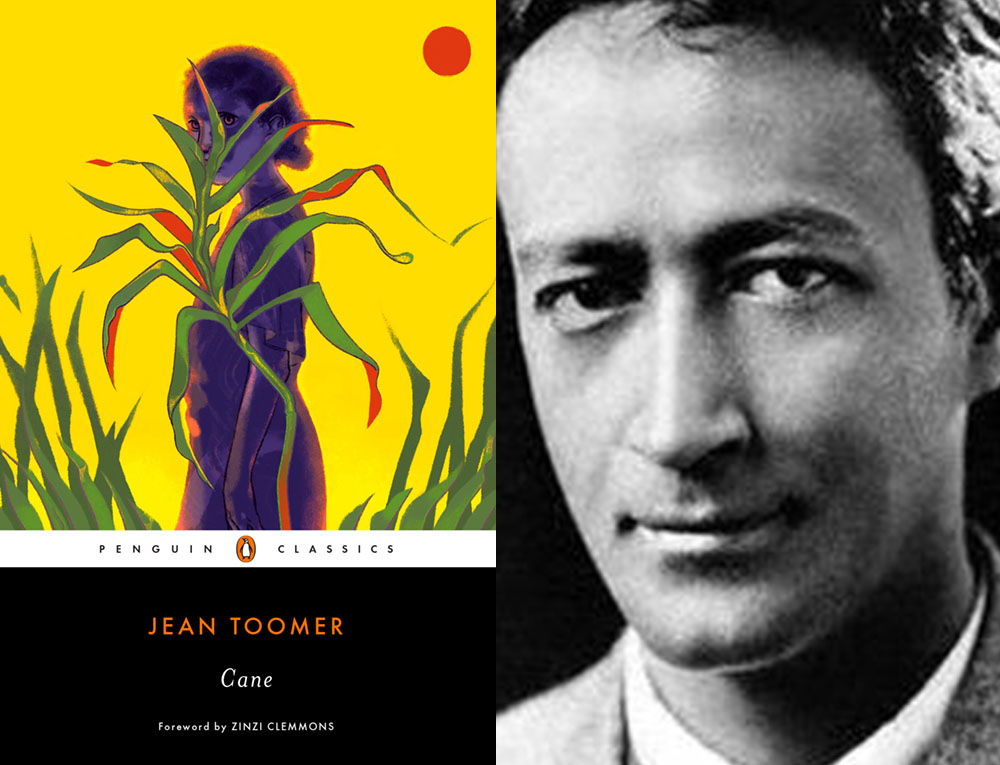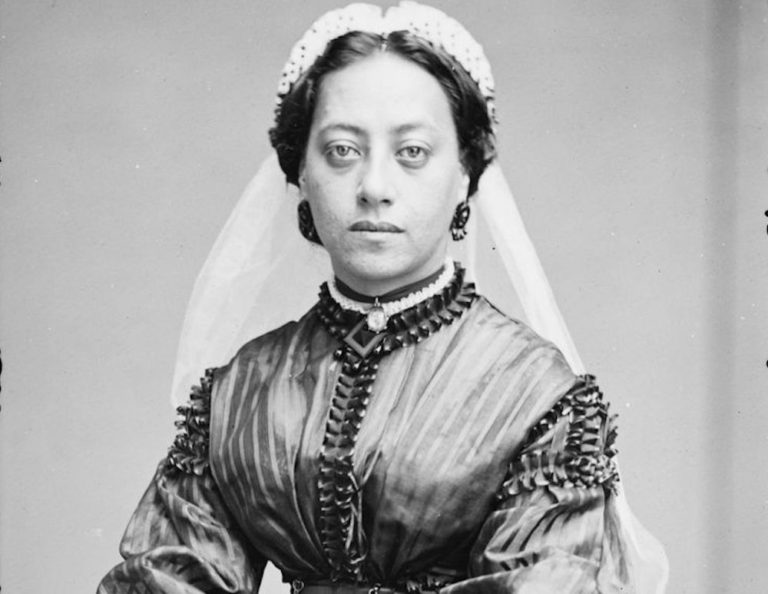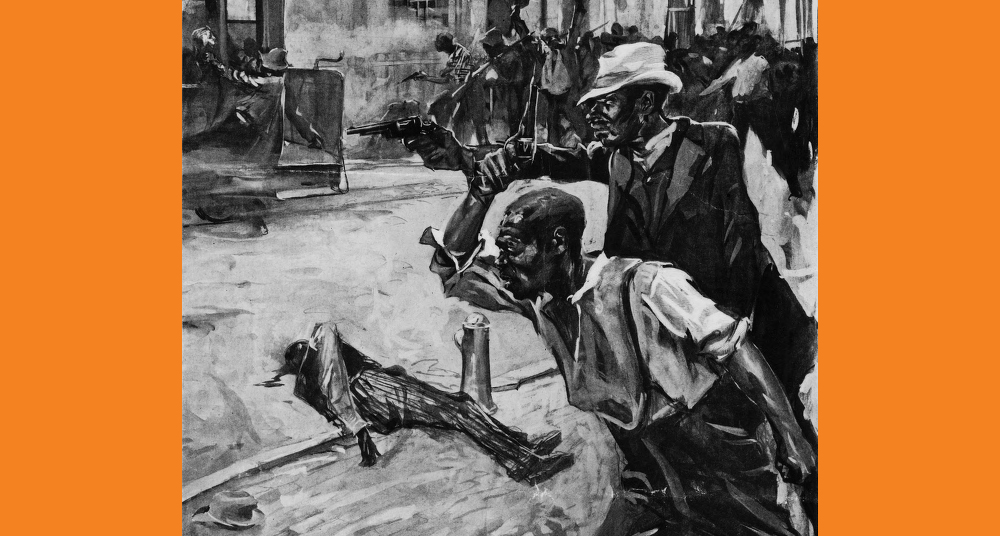How Jean Toomer Rejected the Black-White BinaryPosted in Articles, Biography, Literary/Artistic Criticism, Media Archive, United States on 2021-08-29 01:32Z by Steven |
How Jean Toomer Rejected the Black-White Binary
The Paris Review
2019-01-14
…to be a Negro is—is?—
to be a Negro, is. To Be.—from “Toomer,” by Elizabeth Alexander
Jean Toomer had a complex relationship to his first and only major publication, the 1923 book Cane. The “novel,” which Penguin Classics has recently reissued with an introduction by the literary scholar George Hutchinson and a foreword by the novelist Zinzi Clemmons, is a heterogeneous collection of short stories, prose vignettes, and poetry that became an unlikely landmark of Harlem Renaissance literature. Its searching fragments dramatize the disappearance of African-American folk culture as black people migrated out of the agrarian Jim Crow South and into Northern industrial cities. It is a haunting and haunted celebration of that culture as it was sacrificed to the machine of modernity. Toomer termed the book a “swan song” for the black folk past.
The literary world was then (as it is now, perhaps) hungry for representative black voices; as Hutchinson writes, “Many stressed the ‘authenticity’ of Toomer’s African-Americans and the lyrical voice with which he conjured them into being.” This act of conjuring lured critics into reflexively accepting the book as a representation of the black South—and Toomer as the voice of that South. As his one-time friend Waldo Frank remarked in a forward to the book’s original edition, “This book is the South.” Cane transformed Toomer into a Negro literary star whose influence would filter down through African-American literary history: his interest in the folk tradition crystallized the Harlem Renaissance’s search for a useable Negro past, and would be instructive for later writers from Zora Neale Hurston to Ralph Ellison to Elizabeth Alexander…
Read the entire article here.


